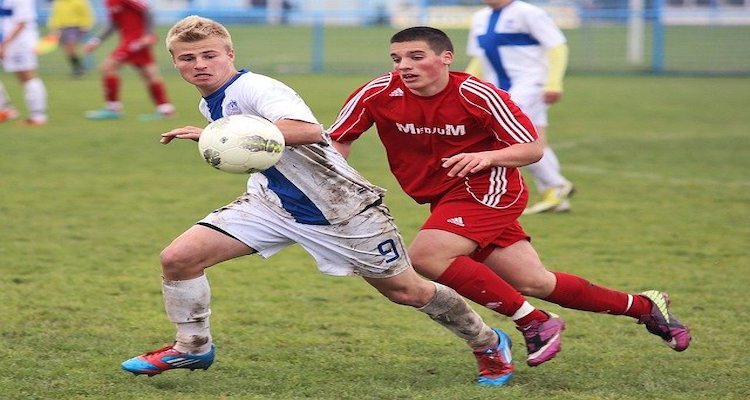
At one stage or another, we feel the self-conscious emotions of shame and guilt inside our heads. Shame and guilt are self-conscious emotions. Guilt and depression go hand in hand, but when we remove shame from the equation, we see that relationship disappear almost entirely between guilt and depression. We know that guilt and shame are negative evaluations of ourselves and fall into the category of self-conscious emotions. When we think about guilt on the pitch, we might feel guilty for not chasing back after we lose the ball. We might feel guilty for not passing when we had the chance.
Guilt is a moral emotion and we feel guilty when we violate a moral standard, especially in relationships with others and with a football squad, it’s all the players and the fans in the stands. We might feel shame when we fall short of this moral standard. But we also feel shame when we feel we have failed to meet the social standards demanded. This shame means we have fallen short in the competence or aesthetic standards expected. The actual difference between guilt and shame is that with guilt we feel we have done something wrong, but with shame we feel we are wrong.
With guilt, we often try to empathise and repair the damage we caused. Guilt brings us towards others because we try to make up for the wrongdoing. Shame reduces empathy and increases avoidance and aggression motivation. We move away from people. What is happening on the football pitch with shame and guilt? Coaches often question the actions of a team at half-time. She might say that your performance is not up the standard we expect. The players can interpret this experience as a failure to live up to a standard of performance. Feeling guilty for this moral transgression – not putting in the effort – means that they can make-up for this lack of effort in the second half. They can repair the damage done in the first half, perhaps, or at least work hard to do so.
But what if the coach attacked the players are being ‘not good enough’ or unworthy as people? Which self-conscious emotion might they have felt? Think about it again because with guilt we feel we have done something wrong, but with shame we feel we are wrong. There is quite a difference between the two emotions.
The key point in this blog is that we can question someone’s effort, their work on an occasion, the standard they are failing to meet at this point; however, these are instances of a short-coming because of effort or strategy, for example. Feeling guilty might be a reasonable way to feel, even though we might not wish to feel guilty. When we stray into shame, we are putting ourselves on the line in front of those with power and authority. We need to question our shame and ask it is really our entire selves that have failed? Is it really our entire selves that are bad? Or is it more accurate that we fell down on this one occasion and we can repair it? Let’s get our questions going and realise that we might have done something wrong, and we did not mean it. We might have let ourselves down with our effort. We might have let ourselves down by not helping others. We can get our actions back on track – we are doing just fine!
Reference
Orth, U., Berking, M., & Burkhardt, S. (2006). Self-Conscious Emotions and Depression: Rumination Explains Why Shame But Not Guilt is Maladaptive. Personality & Social Psychology Bulletin, 32(12), 1608–1619. https://doi.org/10.1177/0146167206292958
